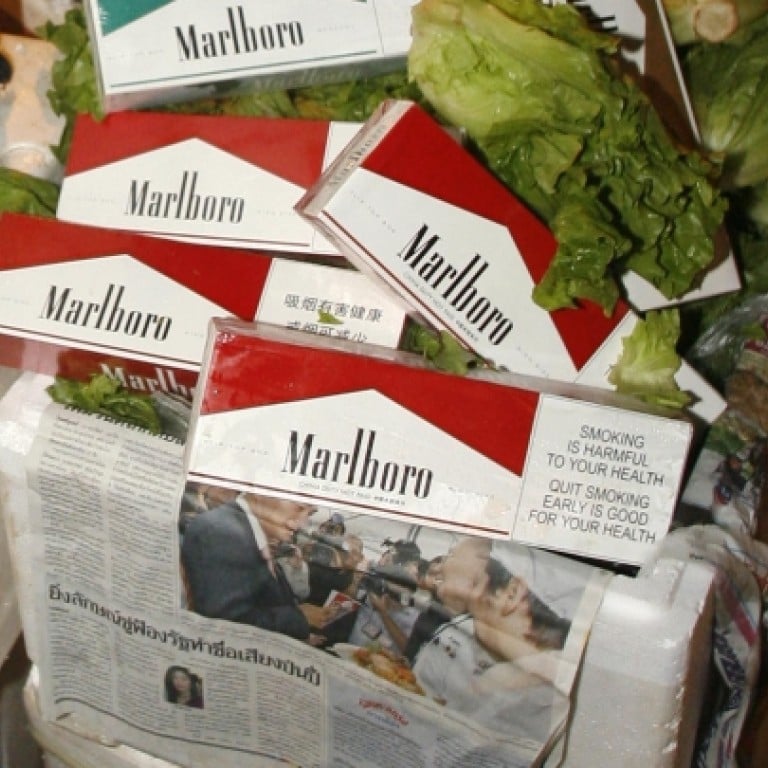
Letters to the Editor, July 3, 2013
Alex Lo can always be relied upon to write an interesting column. He excelled by writing about students of the Academy for Performing Arts misbehaving disgracefully at their graduation ceremony in front of our chief executive.
Some students gave him the middle finger or turned their backs or buttocks. As Lo says, there was no style or dignity about their actions for which adults, such as the "ruffians" in Lego, acting indirectly as role models, must shoulder a sizeable portion of the blame.
Hong Kong is in a peculiar mood these days, with many people obsessed with democ-racy even though, to many, livelihood issues like the rich-poor gap and housing are more important.
I feel sorry for Chief Executive Leung Chun-ying, Chief Secretary Carrie Lam Cheng Yuet-ngor and for their team of ministers who, to be fair, have achieved quite a bit in their first year in office. Let us hope that the hotheads among us realise that by introducing movements like Occupy Central, considerable harm can be done.
One thing that "one person, one vote" is likely to produce is more ruffians in Legco.
There is no doubt that law enforcement agencies must act against illegal activities.
The question is whether the prohibitive cost of crime deterrence justifies the policy objective, especially when it comes to discouraging smoking, particularly among minors. Sales of illegal cigarettes are high as a direct consequence of unreasonable increases in tobacco duty over a short period of time. This is a consumer product with an extremely inelastic demand.
Hong Kong is a city with a very porous border and it is nearly impossible to stop cigarettes being smuggled into the city without an unbearably high cost being incurred by the taxpayer.
Hong Kong is also a densely populated city where distribution of any product, legal or illegal, can be done at a relatively low cost.
So we must ask if we can justify spending taxpayers' money in this ineffective and inefficient way to try to curb illicit cigarette smuggling and sales.
Could the resources not be used more effectively on health-related policies?
At the Samaritans 24-hour multilingual suicide prevention hotline, we know that not only is the despair of depression so debilitating that it leads one to suicide, but the resulting impact of suicide on mothers and fathers, on families and loved ones has far-reaching consequences. We are very concerned that there are no facilities to help this Hong Kong father come to terms with this devastating trauma.
Those bereaved by suicide are paralysed by a cocktail of grief, regret, blame, guilt, sadness, despair and disbelief. The Samaritans has been trying to establish a Chinese-language support group for people bereaved by suicide for the Chinese community.
Your correspondent, who is clearly a fan of Edward Snowden, prefers to ignore my point that there's nothing admirable about this callow whistle-blower compared with another young American, Mark Zuckerberg.
The latter has provided a means for people to link socially with others around the world instead of promoting paranoia among ordinary citizens, as Snowden has done.
It's inevitable that the US will engage in extensive surveillance since the big powers will always look after their own interests in today's asymmetrical world where terrorists lurk in unlikely places.
As one person put it: "To find a needle in a haystack, one needs a haystack."
Frankly I'd rather be spied on by a Western country than by China, which habitually oppresses its citizens.
As a mere third-world citizen with no state secrets or big bank accounts (like other ordinary folk with nothing to hide), I don't find it necessary to join the hysterical protesters who feel violated.
This is because I believe tyrannical states and terrorist groups need to be policed by fair means or foul.
Granted, not all terrorist plots can be thwarted, no matter how sophisticated the surveillance methods. Like Julian Assange, who views himself as a saviour of democracy, to me the delusional Edward Snowden is just a loser with an ego.
M. C. Basquejo, Causeway Bay
Since Hong Kong's refusal last month to detain Edward Snowden and instead to allow him to leave, the United States has repeated threats that it would have an adverse impact on its relations with Hong Kong and Beijing.
Washington suggested it could prevent progress on plans for visa-free access for Hongkongers to the US.
I thinks this specific warning smacks of an empty threat.
If it was carried out, the US would also stand to lose.
After all, surely the aim of the visa-waiver programme is to boost the US economy by increasing revenue from tourism.
Hong Kong is renowned as a shoppers' paradise. This is not just because of the variety of brands and retail outlets, but also because of the long opening hours. Some businesses are still open for tourists after 11pm.
Of course, they need light, but not an excessive amount, which leads to light pollution.
I agree with those who argue that this form of pollution can adversely affect the health of nearby residents. It can also affect animals in the city.
This is clearly a problem that needs to be addressed.
It is time for the government to come up with a plan for effective legislation that can reduce light pollution levels.
If laws are not passed, then this problem will continue and will keep harming humans and animals in Hong Kong.
This will not be an easy process and will require consultation with all stakeholders.

